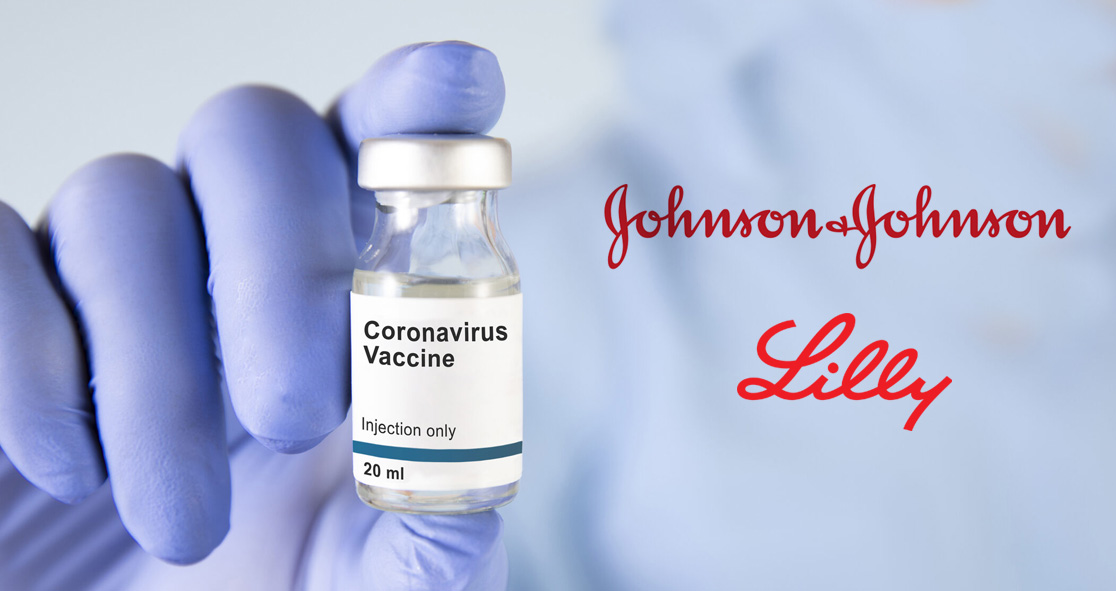Johnson & Johnson has suspended its COVID-19 vaccine clinical trials because one study participant developed an unexplained illness, the drug company said Monday.
Later in the day, Eli Lilly also announced that it has suspended a clinical trial of its antibody treatment because of a “potential safety concern,” according to The New York Times, referring to emails federal government officials sent to scientists.
Eli Lilly had been testing its experimental antibody treatment on hospitalized COVID-19 patients who also received remdesivir, an antiviral drug developed by Gilead Sciences.
Molly McCully, a spokesperson of Eil Lilly, confirmed the pause in the trial and said, “Safety is of the upmost importance to Lilly. Lilly is supportive of the decision by the independent (safety monitoring board) to cautiously ensure the safety of the patients participating in this study.”
As far as the Johnson & Johnson trial is concerned, the patient’s unexplained illness is under review and has been evaluated by an independent monitoring board and the company’s doctors.
The New Jersey-based company said, “Adverse events — illnesses, accidents, etc. — even those that are serious, are an expected part of any clinical study, especially large studies.”
Johnson & Johnson confirmed the suspension with STAT but did not share any more details about the patient’s illness.
The company said, “We must respect this participant’s privacy. We’re also learning more about this participant’s illness, and it’s important to have all the facts before we share additional information.”
The suspension will allow Johnson & Johnson to determine whether the illness is associated with the COVID-19 vaccine and whether to resume the trial.
Last month, AstraZeneca had to pause its COVID-19 vaccine trial to investigate the patient’s illness in the U.K. The trial resumed a week later; however, it is still on hold in the United States.
Dr. Ashish Jha, Dean of the Brown University School of Public Health, told CNN that such pauses are not an immediate concern.
He said, “This is completely expected, and it’s just a reminder how ridiculous it is to try and meet a political timeline of having a vaccine before November 3.” “We want the vaccine to be safe and we’ve got to let the process play out, and it’s going to take a while,” Dr. Jha added. “To me, it’s reassuring that companies are acting responsibly and pausing when they need to.”























